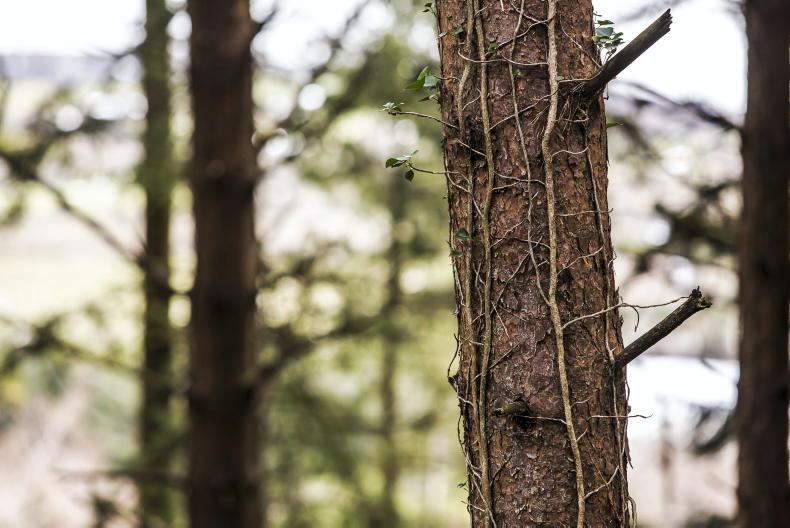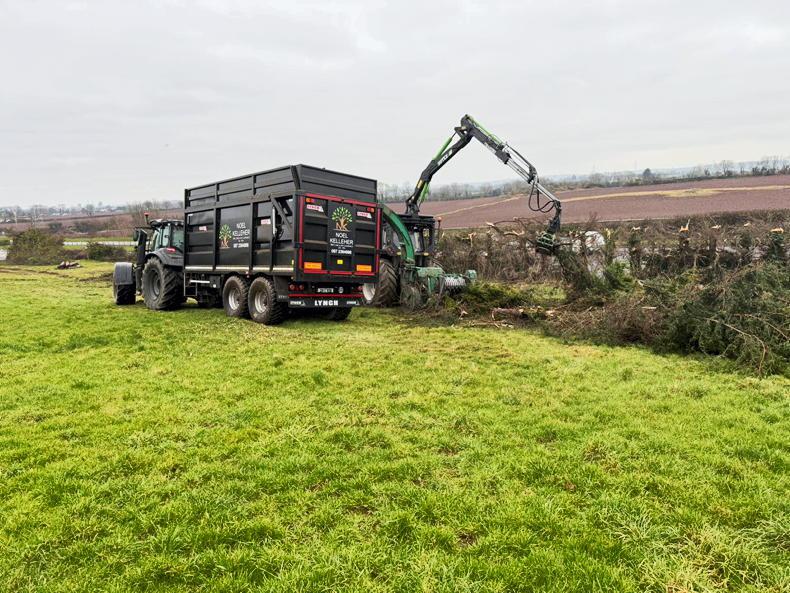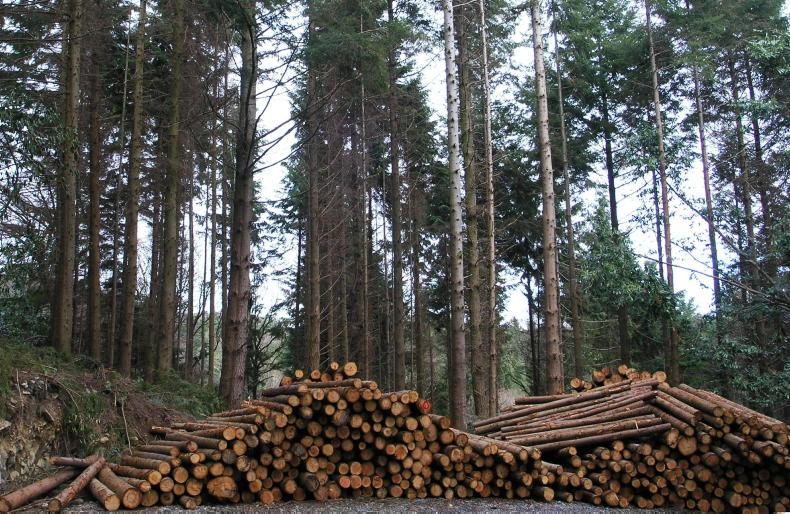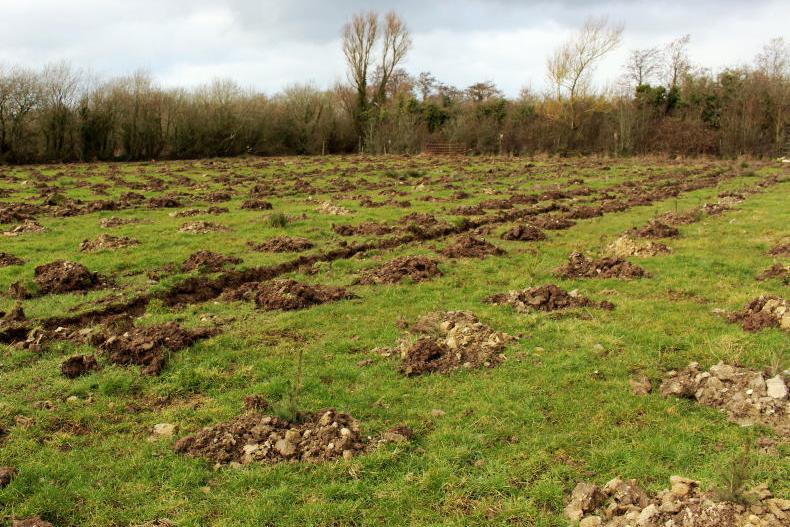Jackie Cahill, the chairman of the joint Oireachtas Committee of Agriculture summed it up when he declared that never before had he seen a situation where there was a major crisis in a sector of farming that was totally outside farmers’ control and where there was no compensation.
We cover elsewhere in this week’s Irish Farmers Journal the ash dieback special conference held last Saturday in the GAA dome facility attached to Semple stadium in Thurles. (See pages 16 and 17)
As an outsider, I had been aware of the growing concern at the spread of a fungus destroying plantations of one of Ireland’s iconic native trees – the ash.
I had first become aware of a problem with ash in Ireland from the late Shane McEntee when he was a Minister of State at the Department of Agriculture way back in 2012. Even at that time, there was an acknowledgement that the problem had been caused by the importation of diseased material.
In the eleven intervening years there has been a catalogue of policy inadequacy, but more to the point, awful stress and hardship affecting about 6,000 families with over 70,000 acres planted with ash.
The planting of the deciduous ash was promoted by the State as a worthwhile and profitable diversification away from the coniferous Sitka spruce. It has turned out to be a disaster.
There is little point in apportioning blame, but listening to those who planted ash as well as those with idle harvesters and redundant staff, it is clear that we have an emergency more serious for those affected than the mica problem in houses.
The compensation in the mica case resulted from sustained pressure on the political system. It is difficult to see any other strategy delivering for those caught in the ash dieback debacle.
Some decisions would cost nothing, such as immediately allowing plantations with dead trees to be cleared without prejudicing any future entitlements.
The owners should then be free to use the cleared land as they see fit.
If these basic steps are not taken, the take-up of the future forestry programme will be minimal. The national climate action programme that is so dependent on a rapid increase in forestry planting will be meaningless.
Once this urgent decision is taken, the question of a broadly based financial compensation package will have to be tackled.









SHARING OPTIONS